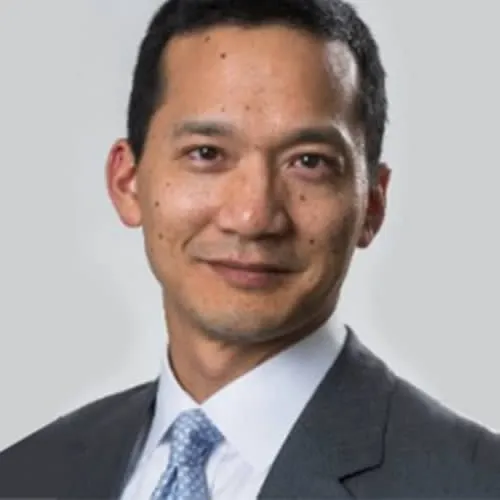While he has experience in the industry, Rene Ho had not “committed to a finance track” before making the decision to step into the role of CFO for San Francisco, California-based working capital management company Taulia, he said in an interview.
A 10-year veteran of card network Visa, Ho served in a number of positions for the company including SVP of North America Operations, according to his LinkedIn profile. He also previously held numerous senior roles including chief marketing officer for Monitise, now FinKit, which was acquired by Fiserv in 2017.
His decision to move to Taulia afforded him the chance to specialize, he said. When considering the move, Ho thought of whether committing to the role of finance chief would help “satiate my interests in other functions required to run a company,” he said.
“I do get into the business and audit functions much more than I thought I would, so that's been a true joy,” he said of his role as CFO. As well as finance, Ho also manages HR, legal, Taulia’s operations team and the team responsible for managing the company’s relationship with its funding partners and banks.
From engineering to the finance seat

An engineer by training, Ho has a Bachelor of Applied Science degree in systems design engineering from the University of Waterloo and an Master of Science degree in engineering-economic systems from Stanford University.
The jump from engineering to finance is steadily becoming a more common career path. Business graduates who pursued accounting degrees still dominate the CFO seats, with 61% of finance chiefs holding an undergraduate degree in business, according to the findings of the 2022 Volatility Report by Crist Kolder.
However, 8% of CFOs reported having an undergraduate degree in engineering, and nearly 30% of CEOs — an increasing number of which are former CFOs — reported having undergraduate degrees in engineering.
Ho believes his engineering background has afforded him the analytical mindset and intellectual curiosity which are crucial to the CFO role. Having a deep understanding of the business and how it operates is essential to being an effective financial leader, he said. His past experiences also taught him the importance of building out strong relationships, which he is bringing to bear at Taulia.
The way “I’ve played it is I’ve walked in your shoes,” Ho said, when describing how his past experiences have impacted his strategy and approach as a financial leader.
“Being able to say or not even say, just think about what that person is going through, the challenges that they face, I think has helped me be more of the CFO that partners with the business versus the CFO that is antagonistic to the business,” he said.
Finding complementary support
While holding the financial reins is a challenge Ho enjoys, becoming the top financial authority also came with a learning curve, including adjusting to operating within a private organization. In public companies such as Visa, there are standards one can check to ensure the business is healthy and on the right track, but in private organizations, the standards are more fluid, Ho said.
“At Taulia when I first joined, it took me a while to figure out if I have a big problem or small problem... because the privately held board wanted certain things done but they never said, ‘Rene, these are the standards by which we need Taulia to operate,’” he said. “The message was just, ‘make sure everything's healthy.’”
Additionally, while Ho does have financial experience, he is not an accountant, he said — his experience falls more on the FP&A side and less on the controller side, he explained.
“I have a tremendous appreciation for accounting and accountants, and I get into the content, but I'm more reactive to it,” he said. “So our controller will prepare something or talk to me about something and I'll respond to it.”
When it comes to filling that skill gap, “I think it's about complementing; looking for people that can complement me and I can complement them as well,” he said. “I want to also be helpful to the controllership.”












